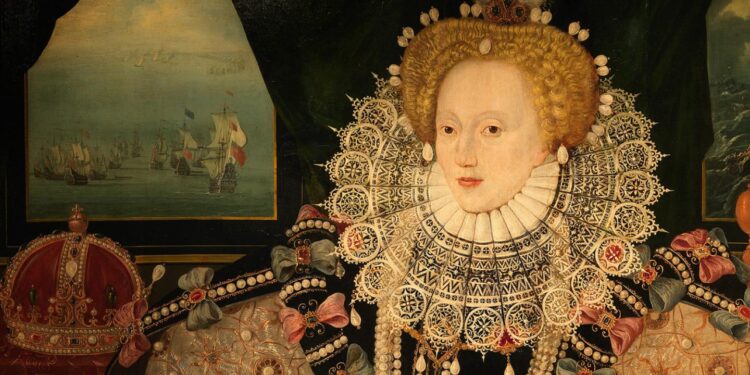Pope Pius V’s Excommunication of Queen Elizabeth I: A Turning Point in English History
On February 25, 1570, Pope Pius V issued the papal bull “Regnans in Excelsis,” formally excommunicating Queen Elizabeth I of England from the Roman Catholic Church. This momentous religious and political declaration marked a critical juncture in the relationship between England and Rome, with far-reaching consequences that would shape religious identity in England for centuries to come.
The excommunication came after years of religious tension following Elizabeth’s ascension to the throne in 1558. As daughter of Henry VIII and Anne Boleyn, Elizabeth had been raised Protestant during a period of religious upheaval in England. Upon becoming queen, she quickly moved to establish the Church of England through the Religious Settlement of 1559, which rejected papal authority and instituted moderate Protestant reforms.
Pius V, a Dominican friar who became pope in 1566, was a staunch defender of Catholic orthodoxy during the Counter-Reformation. He viewed Elizabeth’s religious policies as heretical and illegitimate. The bull not only excommunicated Elizabeth but declared her deposed from the throne, absolving her Catholic subjects from any obligation of allegiance to her and threatening excommunication for those who continued to obey her.
The papal bull had profound consequences, though not those intended by the pope. Rather than weakening Elizabeth’s position, it strengthened her standing among her Protestant subjects while placing English Catholics in an impossible position—forced to choose between their queen and their faith. The excommunication transformed what had been primarily a religious conflict into a matter of national security and loyalty.
Elizabeth’s government responded with increased restrictions on Catholics, viewing them as potential traitors rather than merely religious dissenters. Catholic priests were hunted, and practicing Catholics faced fines, imprisonment, and even execution for treason.
The bull also failed to generate the international Catholic coalition against England that Pius had hoped for. Catholic powers such as Spain and France, though theologically aligned with Rome, were guided by political pragmatism rather than religious zeal in their relations with England.
The excommunication of Elizabeth I thus stands as a watershed moment in English history—one that accelerated England’s transformation into a Protestant nation with a distinct religious identity separate from continental Europe. The religious divisions hardened by this papal decree would continue to influence English politics and society well into the modern era.
newshub




Recent Comments